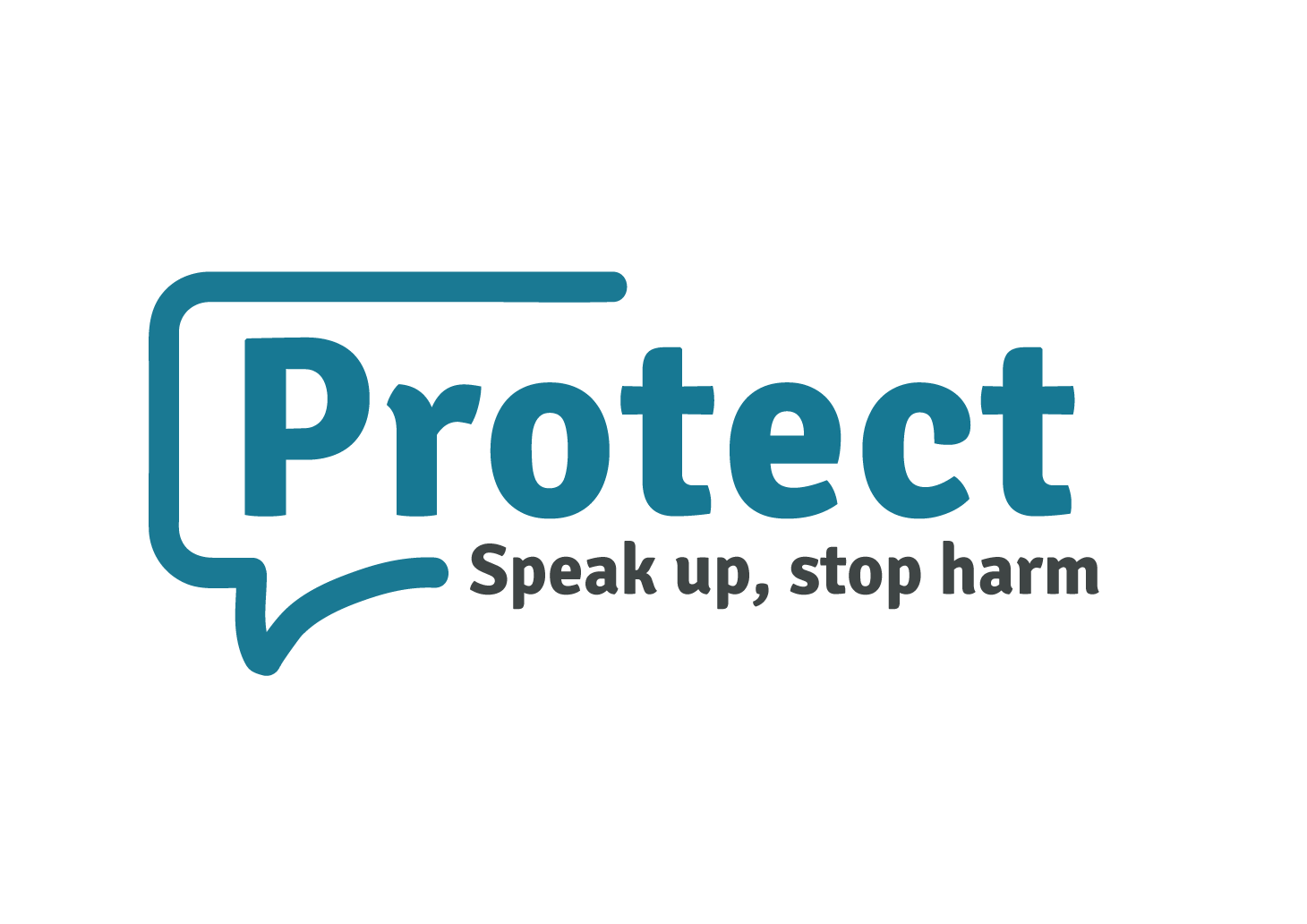WIN Member's Response to Good Law's Analysis

Protect’s Response to Good Law's Analysis
Elizabeth Gardiner, Chief Executive at Protect (formally known as Public Concern at Work) details the charity's response to Good Law's Opinion on Whistleblowing Protection for Workers at the center of the Covid-19 Pandemic.
Published: 20th of April 2020
Whistleblowing has never been more important than during the current pandemic, and every day we hear stories of NHS and care workers speaking out about PPE and health and safety concerns. We need to hear those concerns, so that employers and the government are held to account, and respond and address them appropriately. But what happens to the whistleblower who raises them? Will they be protected from detriment and dismissal if their concerns bring them into conflict with their employer?
The Good Law Project has commissioned a joint opinion from experts on whistleblowing law, Schona Jolly QC and Dee Masters of Cloisters chambers here. This sets out the laws, including health and safety provisions, that the whistleblower may reasonably believe have been breached. For instance, the opinion voices skepticism that breaches of social distancing rules could qualify under UK whistleblowing protection laws unless the breaches also violated existing health and safety law (e.g. s 44 of Employment Rights Act for instance). This is due to social distancing measures in England having the status of Government guidance rather than legal requirements, while in both Scotland and Wales have a mixture of law and guidance.
It also looks at the circumstances in which such disclosures would be protected, reminding workers of the difficulty in overcoming the legal hurdles if they go straight to social media.
Our advice would be that there are usually more effective, and less risky, ways of raising concerns than social media but ultimately it may be a sufficiently serious matter to justify a media disclosure – as the opinion notes, only a tribunal can decide.
In the meantime, Protect has enlisted members of its Legal Support Network to assist any key workers who have been victimised or dismissed for raising health and safety concerns. We’re also keen to hear from any workers who are raising Covid-19 related concerns – for example, over the abuse of the new furlough leave scheme. Our advice line is open and our expert team can advise whistleblowers on options for raising their concerns effectively, and with least risk to them: 020 3117 2520 or email whistle@protect-advice.org.uk
If you would like to highlight your whistleblowing events or activities on the WIN website, please drop us a line on info@whistleblowingnetwork.org